

Also known as vaginitis, the inflammation of the vagina can occur at any age and in any breed. It is, however, more commonly seen in dogs rather than cats.
Vaginitis may occur due to feces or urine contamination of the organ or collection of blood at the site. An injury to the vagina or abscess formation may also lead to vaginitis. Other common underlying causes include:
After completing a complete medical history of your animal, your veterinarian will perform a physical exam, including a blood chemical profile, a complete blood count, a urinalysis, and an electrolyte panel. Although the results of these tests may be normal, there are exceptions. In some cats, the urinalysis may indicate inflammation, while biochemical testing may indicate abnormally high hormones, a sign of uterine inflammation or pregnancy.
To rule out neoplasia, foreign bodies, and/or constriction of reproductive tubes, your veterinarian may recommend abdominal X-rays. Ultrasounds can also be of great help in diagnosing vaginal masses.
A sample from the vagina may be gathered for further testing. For instance, it may be cultured and microscopically examined or it may be sent to a laboratory to identify whether pus, blood, or feces is present in the sample.
Your veterinarian will also examine the inside of vagina -- either with his/her finger or a special instrument called a vaginal scope -- to rule out the presence of a mass, tumor, foreign body, blood-filled cavity, or abnormal narrowing of vagina.
Unless there is some serious underlying problem such as a tumor, foreign body, etc., a cat rarely requires hospitalization or surgery for vaginitis. In the case of bacterial infection, your veterinarian will prescribe antibiotics. Antiseptics may also be administered via the vagina to help control the infection locally.
If the inflammation occurs before puberty should take place, it usually resolves after the first estrus (heat) and no treatment is required. Otherwise, the complete removal of the ovaries and uterus may be recommended in some cats, especially if the condition is not medically treatable.
If your cat has undergone surgery, she might feel sore for few days. Typically, your veterinarian will prescribe pain-killers to alleviate the pain. Good nursing care and a stress-free environment will promote a speedy recovery.
Follow-up examinations are used to evaluate the progress of treatment. However, the overall prognosis largely depends on the underlying cause of the vaginal inflammation.
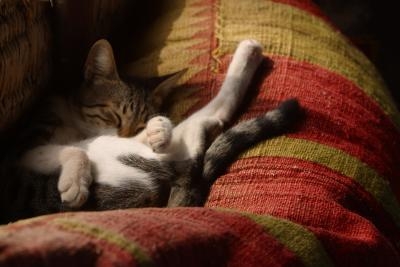 Why Do Cats Sleep a Lot?
Why Do Cats Sleep a Lot?
Why Do Cats S
Why Do Cats Sleep a Lot?
Why Do Cats Sleep a Lot?
Why Do Cats S
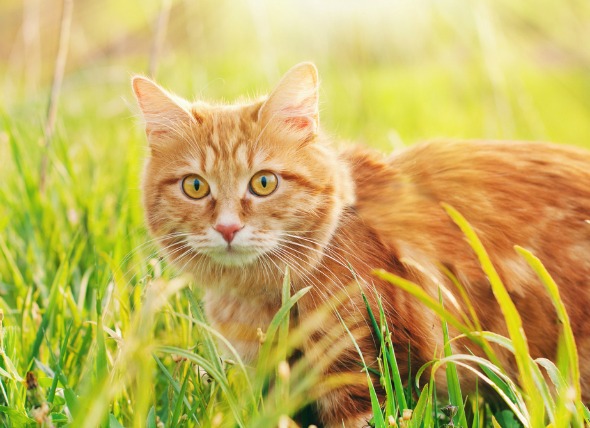 Pancreatic Cancer in Cats
Insulinoma in Cats
Insulinomas are malignant neop
Pancreatic Cancer in Cats
Insulinoma in Cats
Insulinomas are malignant neop
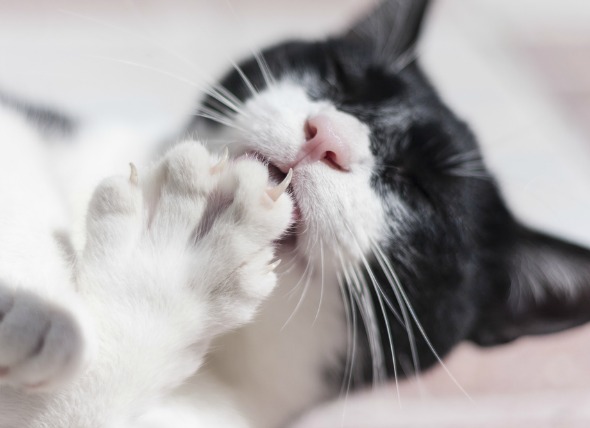 Claw and Nail Disorders in Cats
Nail and Nailbed Disorders in Cats
Nail and nail
Claw and Nail Disorders in Cats
Nail and Nailbed Disorders in Cats
Nail and nail
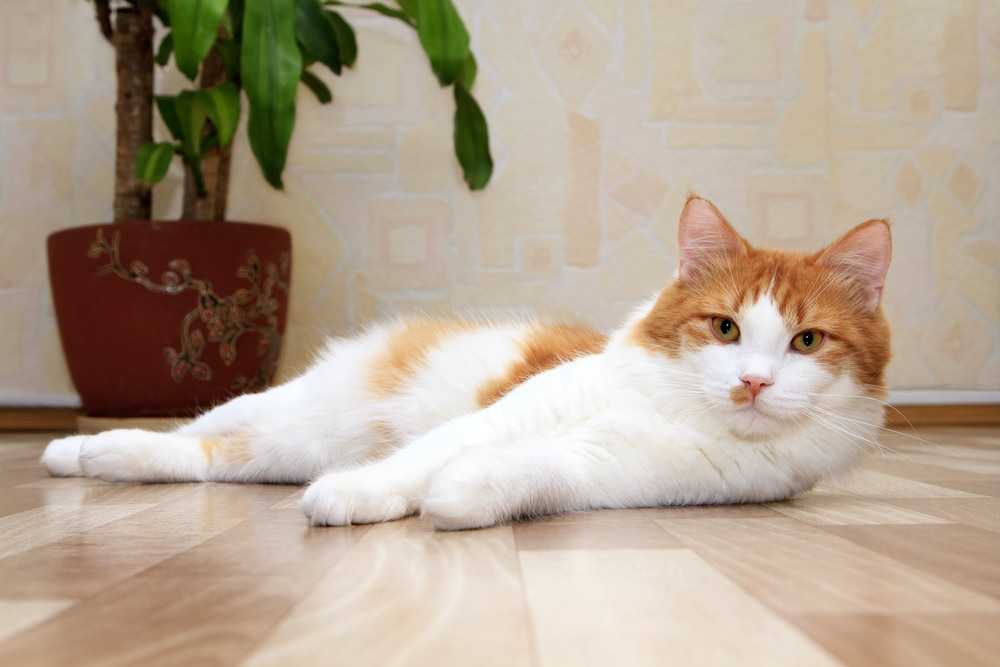 Stomach Infection with Helicobacter in Cats
Helicobacter Infection in Cats
The He
Stomach Infection with Helicobacter in Cats
Helicobacter Infection in Cats
The He
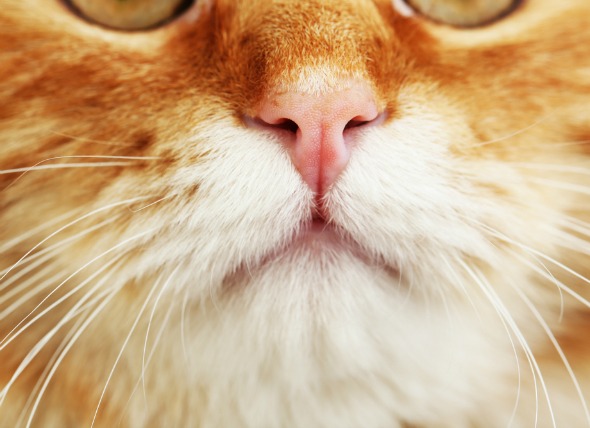 Runny Nose in Cats
Nasal Discharge in Cats
Normal
0
fa
Runny Nose in Cats
Nasal Discharge in Cats
Normal
0
fa
Copyright © 2005-2016 Pet Information All Rights Reserved
Contact us: www162date@outlook.com